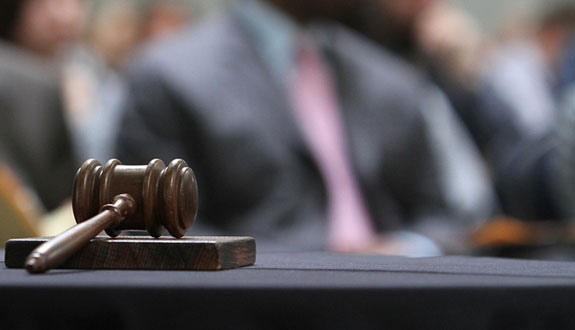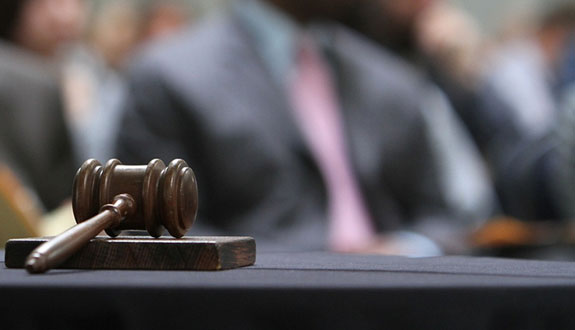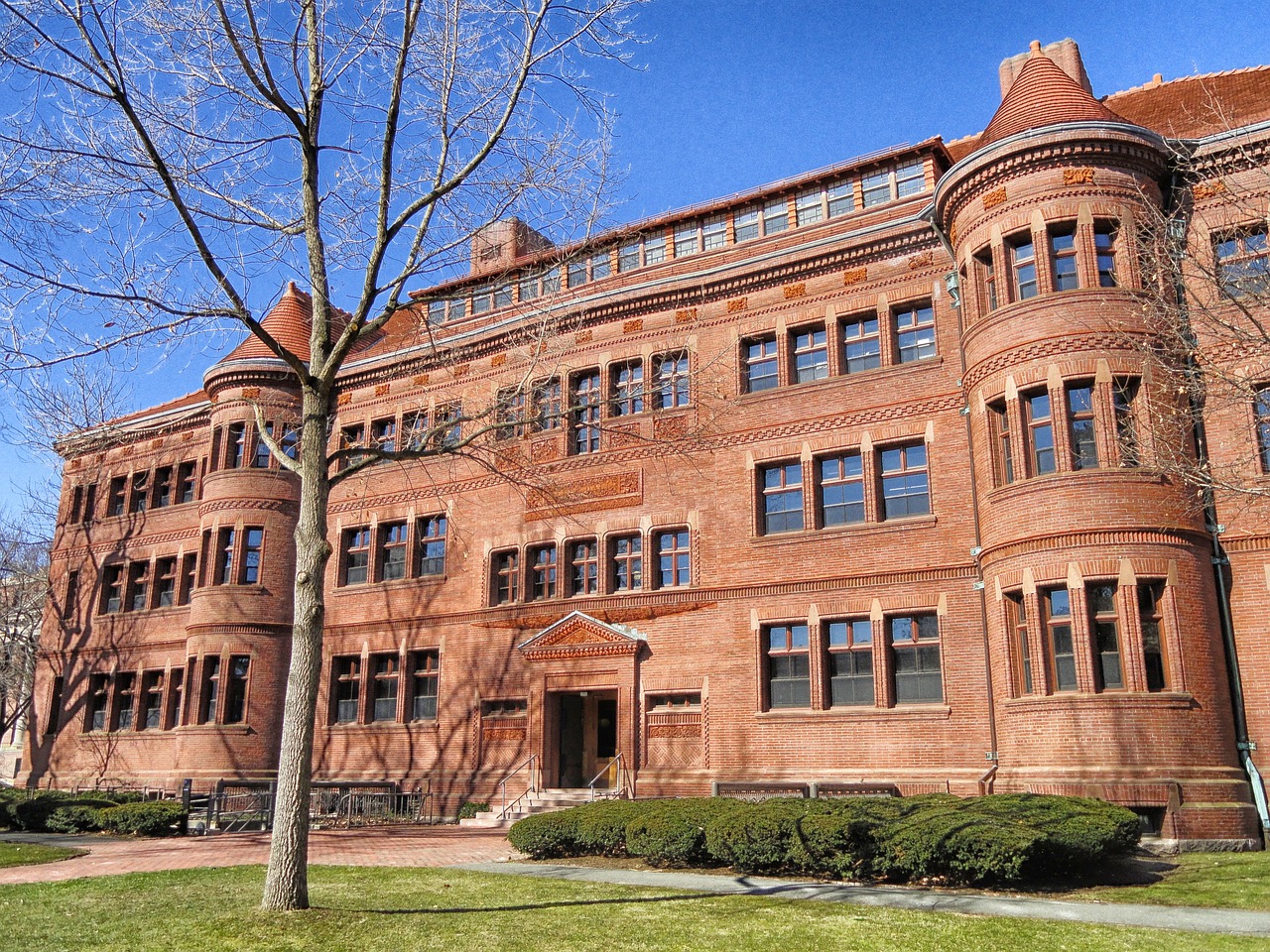
What Is a Clerkship?
A clerkship is a one or two-year-long position with a judge. This can include state or federal judges, or more specialized judges.
So, Why Clerk?
First, clerking provides a great opportunity to experience different practice groups and to observe a variety of different lawyering styles. Coming out of law school, young lawyers generally know very little about the way law is actually practiced. Clerking provides useful insight into the practice of law that can help young associates choose the type of law they want to pursue.
Second, clerking is an unparalleled training opportunity. Clerks spend a large portion of their time writing, and they have the time to hone their craft. Unlike the mad dash pace of working at a big firm, most clerkships are a little more relaxed, so you can actually work on improving your writing without the constant pressure of looming deadlines.
Third, clerking gives you the opportunity to build a relationship with a judge. From the clerks I’ve spoken to, their judges generally become a lifelong mentor. Most judges are highly experienced practitioners of law with a wealth of useful insight that they can help instill in their clerks.
Finally, clerking makes you more attractive to employers. For the reasons discussed above, firms and other employers look positively on clerks because, theoretically, they won’t have to spend as much time training them and because it looks impressive to a client. Beyond those reasons, a clerkship can also provide a useful launching pad for a career switch. For example, if an associate at a firm wants to move to government work, a clerkship is a great way to transition over.
Obviously, most of those reasons are more applicable to litigators than to transactional attorneys, who generally spend less time writing. If you’re interested in litigation, I would highly recommend trying to seek out a clerkship.
The clerkship hiring process now starts incredibly early — I know a lot of people who applied after their first year (and a few who applied after their first semester) of law school if they wanted to clerk right after graduation. The key to a strong clerkship application is building relationships with professors so you can get solid letters of recommendation and so faculty members will be more willing to call judges on your behalf.
If you’re applying to law school now, make sure you take the summer before law school to relax and recharge because, going forward, there are always going to be new goals and challenges. It can be difficult, but — at least in the case of clerking — I think the reward is worth the effort.




